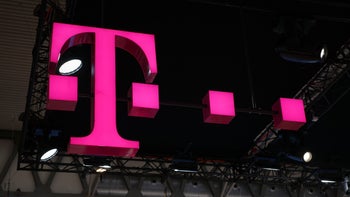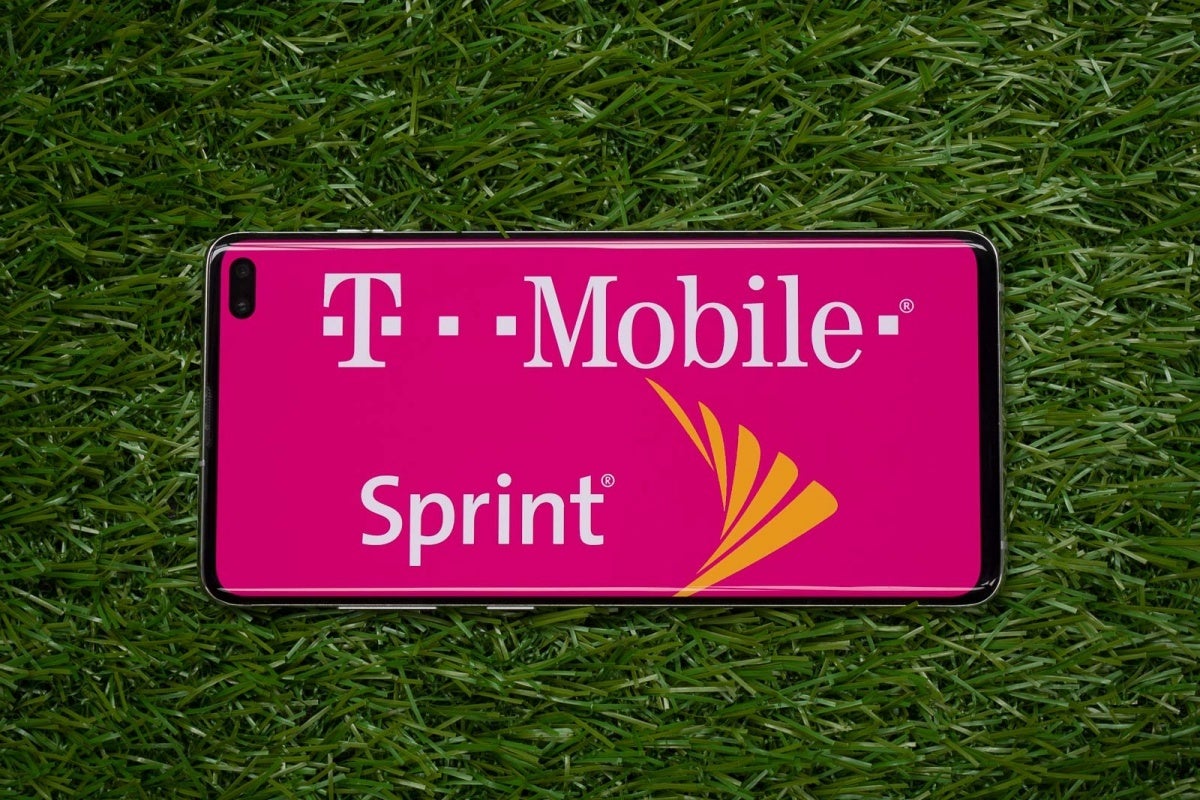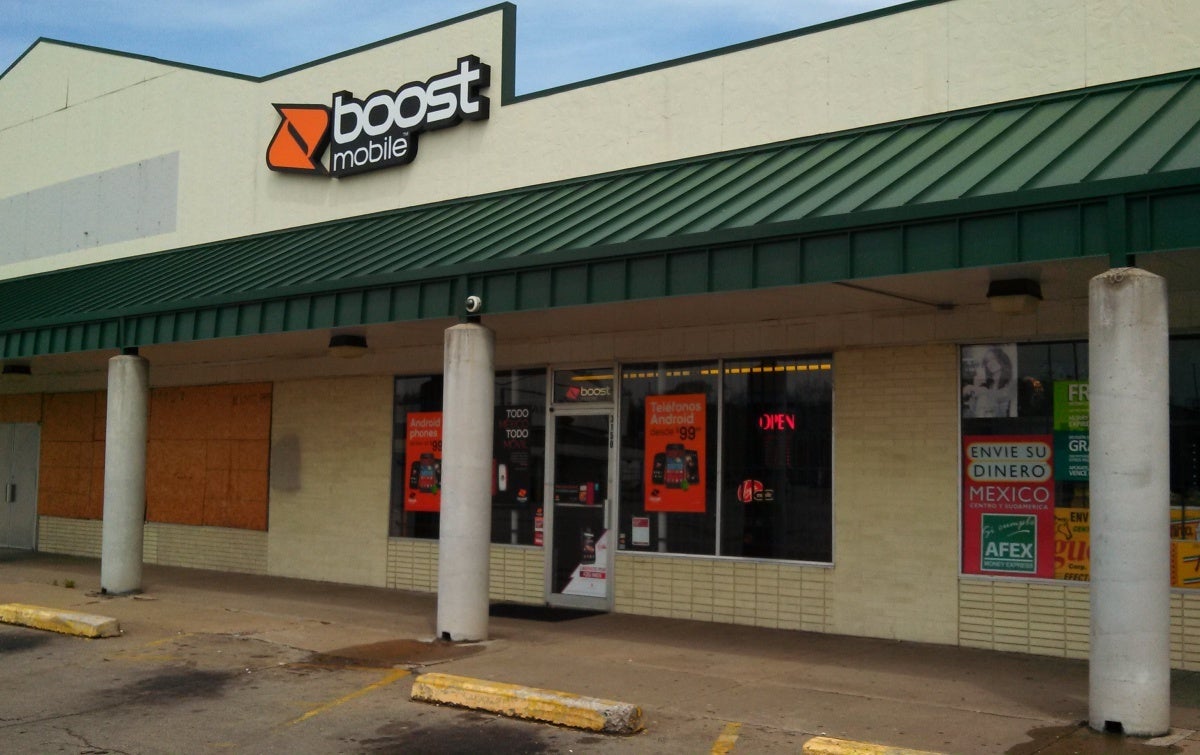Lowballed by Dish, T-Mobile might be looking for a different Boost buyer

After almost two long years of intense lobbying, regulatory hoop jumping, and a tooth-and-nail court battle that seemed pretty much a lost cause at one point, the T-Mobile/Sprint merger saga finally reached a successful conclusion more than two months ago.
But even though Magenta is already surprisingly deep in the process of integrating the "Now Network's" precious mid-band resources to boost the currently disappointing speeds of the first "nationwide" 5G signal, there's still one loose end to tie up and make sure the telecom giant is in full compliance with the DOJ deal signed last year.
Believe it or not, T-Mo could go so far as to replace Dish with an as-yet-unnamed buyer for Boost Mobile, Sprint's former prepaid business that's supposed to help whoever ends up acquiring it become the nation's fourth-largest wireless service provider.
How we got here
First things first, it's important to note that, while Dish Network doesn't have any practical experience in the wireless industry to speak of, the satellite TV market veteran owns a lot of related spectrum the company has chosen never to use. That made many analysts skeptical of Founder and Chairman Charlie Ergen's promises at a highly publicized trial late last year, according to which Dish was all of a sudden interested in taking this business seriously and replacing Sprint on "day one."

Well, day one has arrived, and instead of looking to complete the aforementioned Boost acquisition as soon as possible to officially enter the wireless market at last, Ergen is reportedly stalling the deal in an attempt to negotiate better terms.
Said deal was initially expected to close by June 1 at a $1.4 billion price tag, but although we're still a few weeks away from the formal July 1 deadline set after the April 1 completion of the merger between T-Mobile and Sprint, it seems less and less likely that Magenta and Dish will be able to reach a compromise so soon.
In Ergen's defense, it's hard to dispute that Boost's value has fallen amid the coronavirus pandemic. At the same time, T-Mobile's complaints that Dish is "extremely hard to work with and not living up to their end of the bargain" might suggest the notoriously difficult Ergen never intended to close the deal as it stands. Instead, Dish could be looking to "squeeze" T-Mobile, knowing full well that the divestiture is more important for Sprint's new parent company.
What happens now
Obviously, there are a lot of uncertainties, question marks, and moving parts to the Boost Mobile acquisition equation, especially with a lot of the new information regarding tensions at the negotiation table coming from insiders and unnamed sources rather than company officials.
But as Fox Business' Charlie Gasparino points out, the fact that no one is denying all this speculation strongly suggests there's at least some truth to it. By far the most interesting tidbit rumored today is that T-Mobile might be exploring alternative avenues of conforming to last year's DOJ agreement.

Namely, a mysterious "major private equity firm" is purportedly looking to become a partner in a Boost buyout group. Of course, it's not entirely clear yet what this "group's" intentions for the prepaid mobile virtual network operator might be.
After all, the Department of Justice and Federal Communications Commission only agreed to green-light the T-Mobile/Sprint merger on the condition that Dish would set up a viable alternative for the nation's current fourth carrier. Boost was merely a piece of that puzzle, with Dish's existing spectrum and intense future development work expected to eventually lead
Naturally, it's hard to expect an alternative Boost Mobile buyer to be able to make similar commitments, and although Dish should have no problem continuing its 5G buildout efforts even if the deal falls through, the DOJ and FCC could penalize Ergen if it is indeed concluded that the businessman acted in bad faith either when signing the original agreement or now, when he appears to insist on keeping the transaction in limbo.
















Things that are NOT allowed: